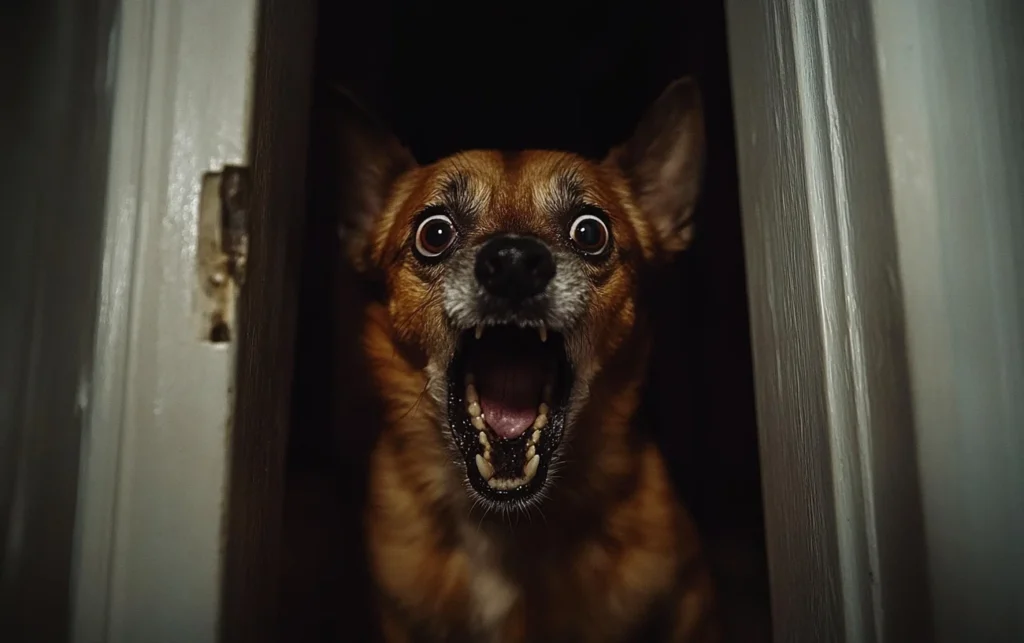Pet owners often wonder whether they should leave a light on for their dogs or cats when they are left alone at home. While some people prefer to keep the lights on for their pets’ comfort, others let their animals sit in darkness. So, what is the right approach? Here’s what veterinarians suggest.
Do Pets Need Artificial Light?
Veterinarian Carly Fox explains that pets don’t require bright lighting when they’re alone. According to her, “Animals do not need bright lights when left by themselves. You can leave your pet at home without turning on the lights.”
However, Fox recommends leaving blinds or curtains slightly open to allow natural light into the space. While pets don’t need bright lighting, they may feel more comfortable with some visibility in their environment.
How Animals Adapt to Darkness
Pets have a natural ability to adapt to changing light conditions. Dogs are diurnal, meaning they are most active during the day and sleep at night. As the sun sets, dogs often settle down for the evening. Artificial lighting in the home can actually disrupt this natural rhythm.
Cats, on the other hand, are nocturnal or crepuscular. They are naturally more active during the evening and night, making them comfortable navigating in low-light or dark conditions. In fact, a cat’s vision is well-suited for dim environments, so they do not need artificial light to feel at ease.
Special Considerations for Dogs Afraid of the Dark
Some dogs may feel anxious in complete darkness. If a dog shows signs of discomfort, such as whining, barking, or destructive behavior, it could indicate a fear of the dark. In such cases, behaviorists recommend experimenting by leaving a light on in the hallway for one to two weeks.
If the dog’s behavior improves, the issue may indeed be fear of darkness. A small nightlight can be a practical solution, offering reassurance while consuming minimal energy.
Most pets do not need lights left on when they are home alone. Natural light or a dimly lit space is usually sufficient. However, for pets showing signs of discomfort in the dark, a simple adjustment like a nightlight can make a big difference. Ultimately, observe your pet’s behavior and preferences to decide what works best for them.

